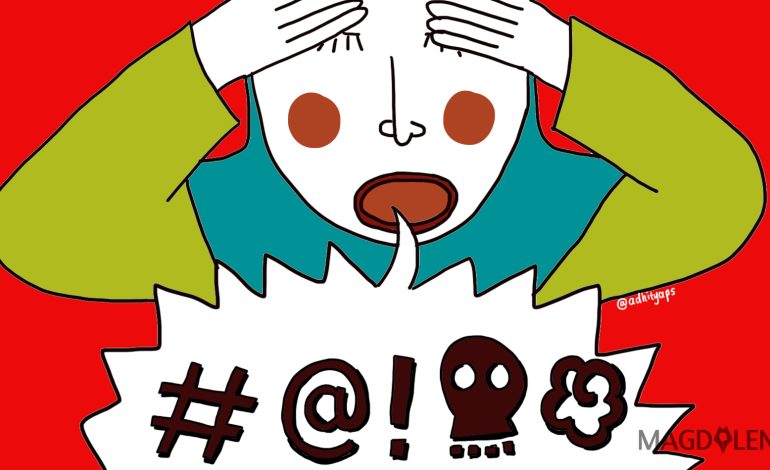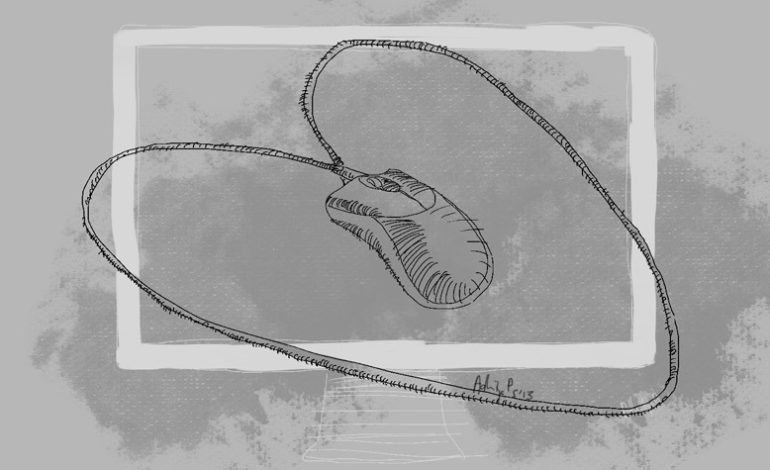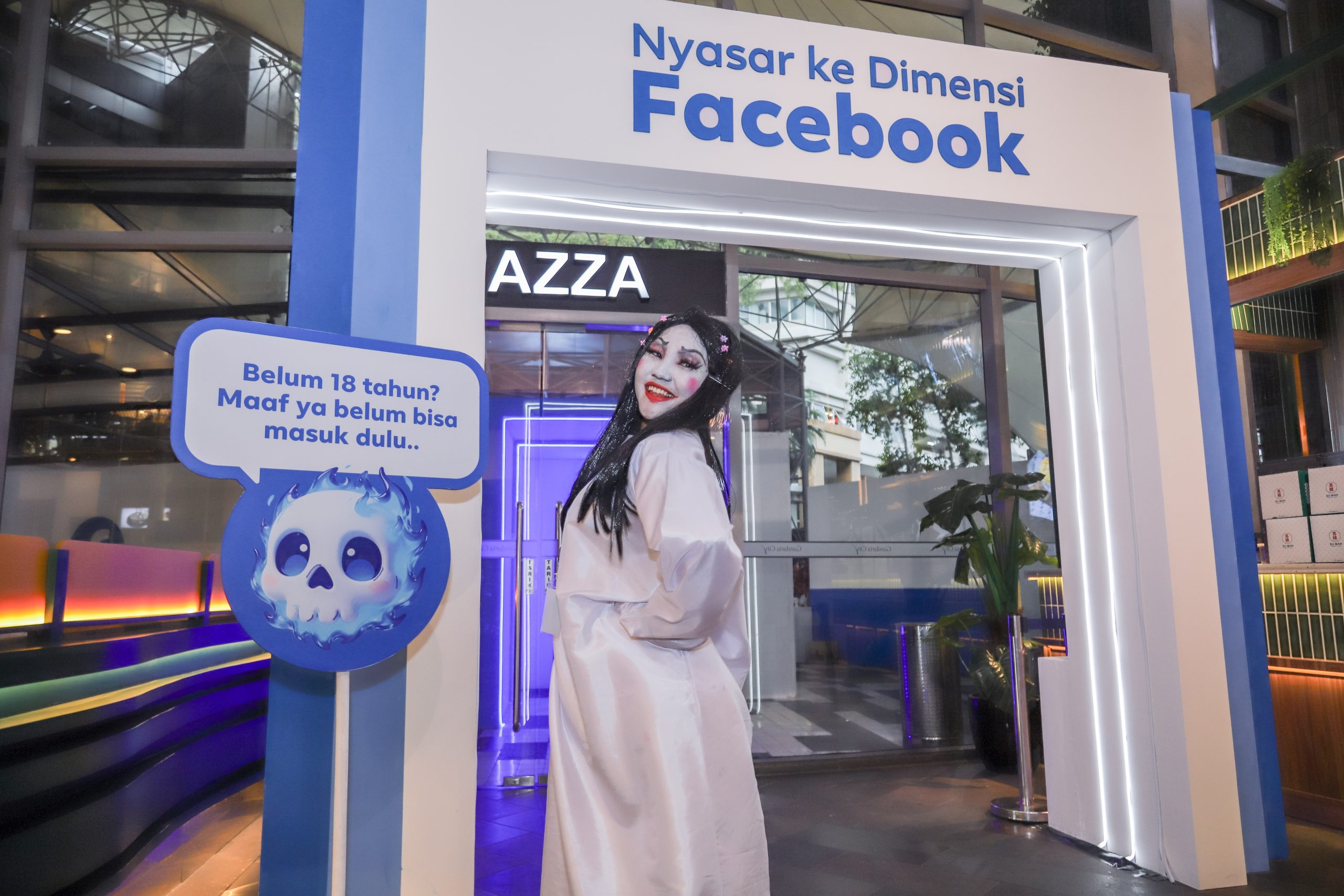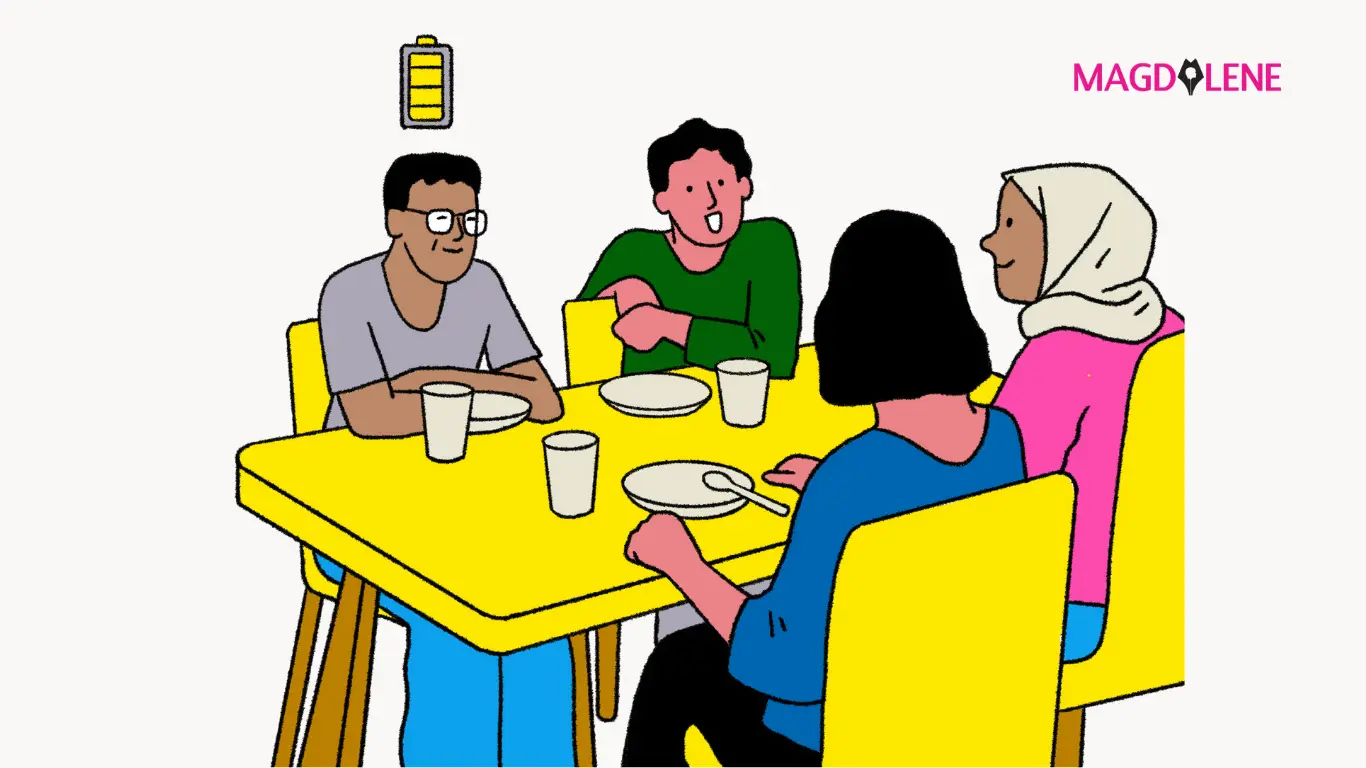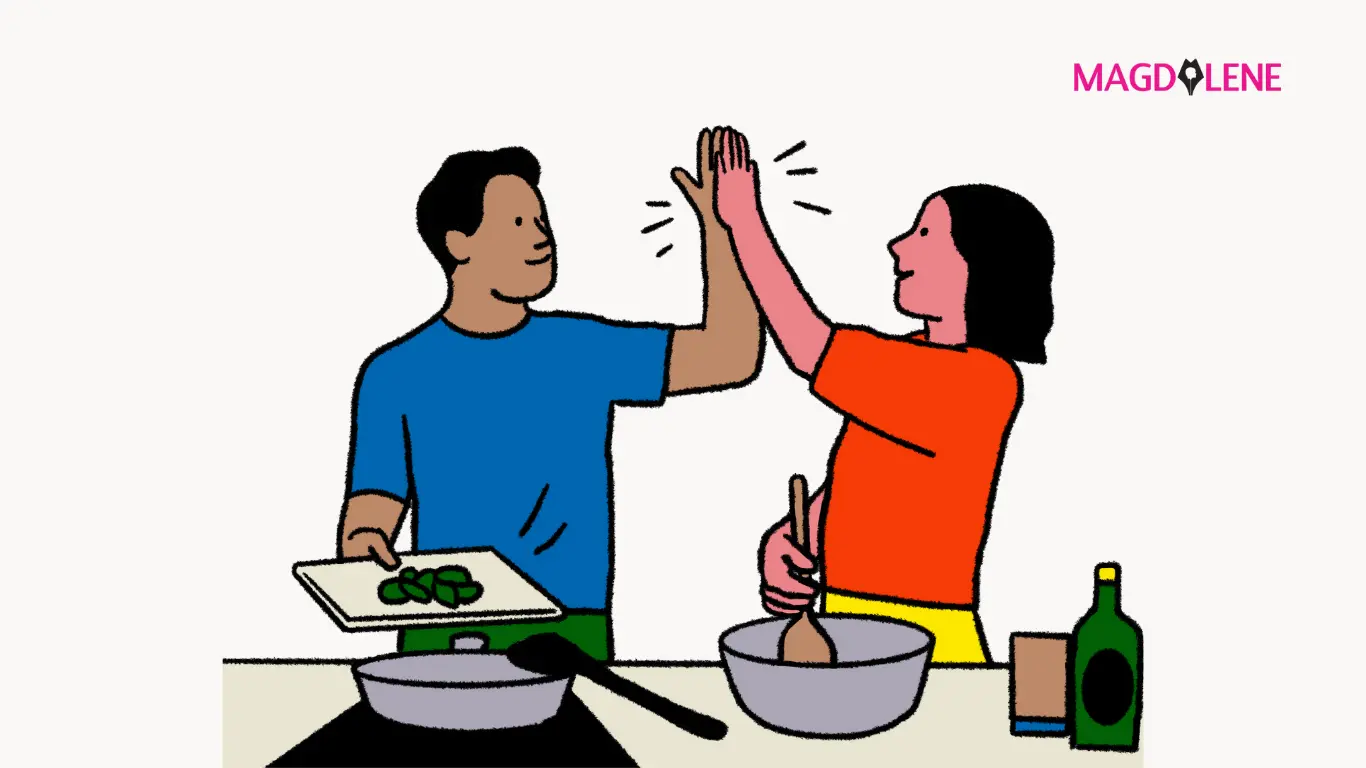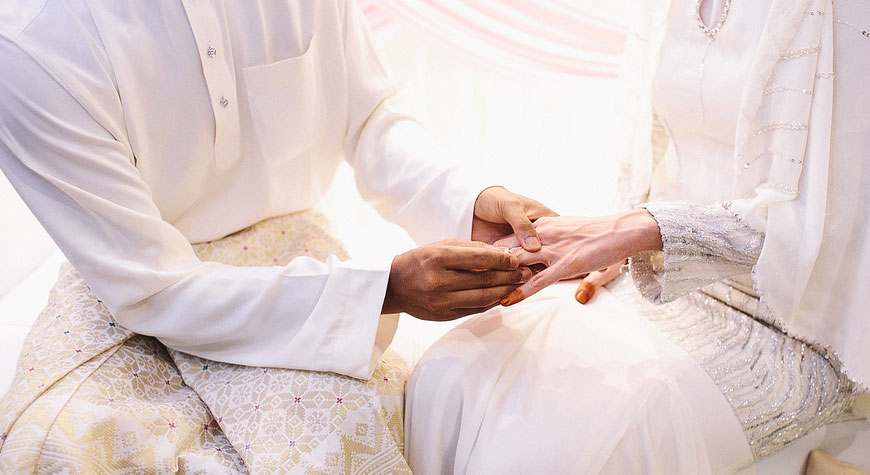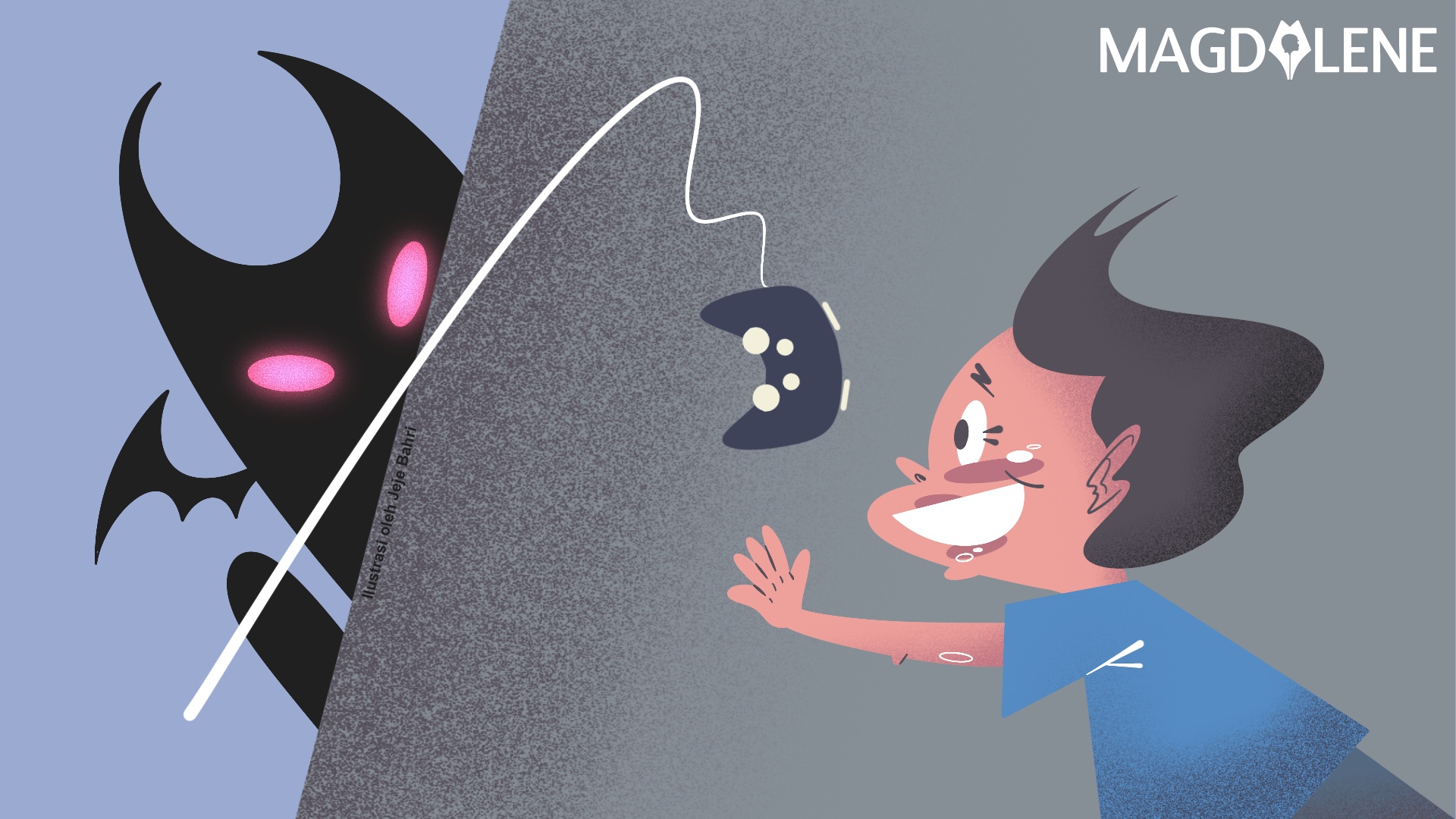Pork is Meat, Not a Battlefield
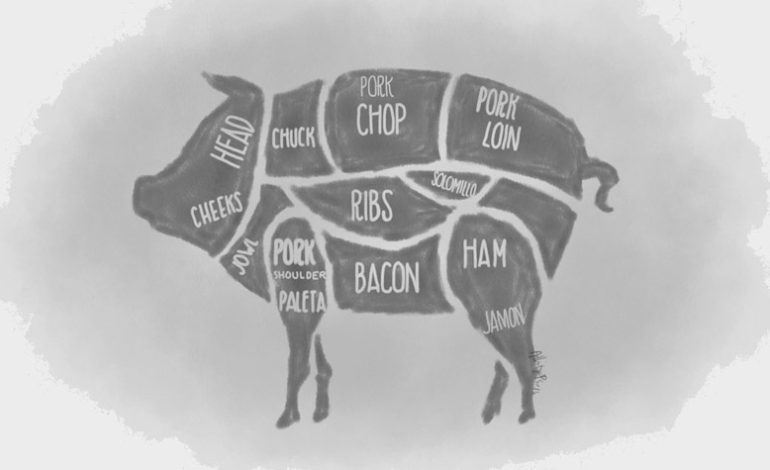
Over the last month, I heard snide comments when shopping at the pork section in two different supermarkets. First, a woman said to her child, “Everything contains pork these days. It’s disgusting.”
Then a man pointed to the pork deli section and said to his girlfriend, “You said you want sausage? There’s your sausage!”
“Ew, yuck!” the woman replied laughing.
It was bizarre that they made the comments when I was around, not when the aisle was empty. I believe they were pointing at the meat, not me. Still, you expect that people would refrain from talking about how “disgusting” a thing is when someone interested in that thing is around. I guess they just counted that I wouldn’t glare at them. Or maybe pork jokes have become too normal for some.
I share kitchen with Muslims, use my own wok, and wash everything myself after finished cooking and eating a pork dish. I buy pork from the supermarket because it’s easier and cheaper than buying cooked meals from restaurants, especially in Bandung. Now I can enjoy bacon and sausage, Swedish meatballs, and tonkatsu ramen at fair price.
Religious restriction of pork consumption is widespread in Middle Eastern religions, probably due to water management and disease prevention. Christianity is unique in permitting pork consumption, probably since it has been growing in Europe in over 1,500 years, though two Christian churches – the Ethiopian Orthodox Church and the Seventh-day Adventists – forbid pork consumption. Anyone ever treated in an Adventist hospital would remember the vegetarian food.
Until the end of the 20th century, Christians in the West only ever heard of Jewish kosher restriction, but now they are also aware of Muslim halal rules. Awareness of halal food is also growing in East Asia, partly because those countries receive more tourists from other parts of Asia.
Just as Muslim conservatives in countries like Pakistan or Indonesia worry that pork contaminates food, vaccine, and fabric, Christian conservatives in the West worry that halal-certified food contaminates their supermarkets and delis. On every Easter for the last few years, Cadbury social media teams in United Kingdom and Australia have to deal with people accusing them of desecrating Easter by selling halal chocolate eggs. Meanwhile, in Southeast Asia, the same company also has to prove that its chocolate family is porcine-free.
I understand that people want to follow their religious requirements and personal ethics in consuming food and drink, but pork has become a part of culture wars in both Western and Muslim-majority countries. In the former, it is about the acceptance of Muslim migrants. In the latter, it is about tolerating non-Muslims’ dietary habit. Sometimes, it’s about tolerating the existence of non-Muslims.
Among non-Muslim Indonesians, especially Christians, pork has also become something more than meat. Along with alcohol, it has become a symbol of defiance against Islam. Some Chinese-Indonesians treat a trip to a place that sells pork as an act of rebellion, whether it is a Batak restaurant (lapo) or a hip bistro selling pulled-pork sandwich and bacon pizza. If someone said they just went to Bali, then they must have eaten at trending pork places like Sate Babi Bawah Pohon in Legian or Babi Guling Candra in Denpasar.
The bad thing with this reverence of pork? The impression that eating chicken or beef is boring. When pork is available, you will be seen as a faker if you pick something else, especially if you’re a man. Same goes with beer – a plate of pork has to be accompanied by a bottle of beer, not only because they go well together, but because they stand as defiance against Islam in Indonesia.
Some liberal Muslims admit that consuming pork is like the final line they would dare to cross. They can drink alcohol, have premarital sex, stealing, and perhaps consuming drugs, but knowingly eating pork requires the next level of bravery. Even overseas, Muslim students would ask me if a Japanese or Korean dish contains pork, and what are the alternatives I would recommend. Even ex-Muslims who ate pork with me would keep things discreet and would not eat them in the presence of practicing Muslims.
One thing I learned from 1990s American sitcoms is that many Jewish-Americans enjoy eating pork, especially Chinese dishes like spare ribs and char siu, Cantonese barbecue. The trope is a multilayered joke commenting on their relative detachment from Judaism, affiliation with another migrant culture, and their refusal to assimilate (choosing Chinese instead of American spare ribs).
While Jewish-Americans can be carefree with pork, Indonesians and many other Muslims in Asia will not able to. As the Cadbury case shows, any rumor on the presence of pork substance could bring down a business and is treated as a national scandal, probably as crime. For some people, it’s about sanctity and devotion. For some other, it is the fear that a hostile force is trying to poison them, or that their tradition is no longer respected. Western conservatives worrying about halal labels have the same fear – that their home is not their home anymore.
I understand and respect Muslims who observe their faith in refusing pork. I have a Chinese Catholic cousin who does not like pork, and I also learned that pork is also shunned by many Christian Scots – though it is still unclear why. What I do not like is when people dwell on hoaxes like “pig DNA in vaccine”, or scoff at the pork section in the supermarket, because they dislike people who consume pork.
On the other hand, I also dislike non-Muslims who believe that pork is the freedom meat. Yes, it might be more expensive and rarer than beef or chicken, but you are supposed to eat it because it’s tasty and nutritious, not because you imagine showing Muslims a middle finger by eating pork. Food is about love, never about hate.
Read Mario’s piece on libertarianism and feminism and follow @MarioRustan on Twitter.

